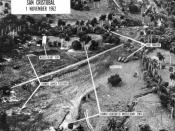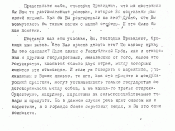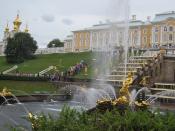"The crisis years" of 1960-1962 are remembered as a peak of the Cold War, an apogee of the bipolar confrontation. Many consider them even more dangerous than the Korean War, when the military forces of West and East clashed and almost slipped into a global conflict. The early 1960s were all the more frightening since the two superpowers, the United States and the Soviet Union, were engaged in a fierce nuclear arms race, and two more states, Great Britain and France, had developed small nuclear arsenals of their own. By the end of the period the edge in this race clearly belonged to the United States such that, at the height of the Cuban Missile Crisis, Washington had at least nine times as many deliverable nuclear warheads as Moscow. After the summer of 1961 the Kennedy administration was perfectly aware of that fact, but, nevertheless, sweeping Soviet progress in ICBMs soon eliminated the impregnability of "fortress America" forever.
Pravda.ru has already reported that a former cipher clerk of the National Security Agency (NSA), Petty Officer Daniel King, charged with espionage in favour of Russia, has been released from the military prison, and the case launched against him has been dropped. The investigators did not have enough proofs of his espionage activity.
At the same time the information about the detention of two Russian spies was received from Bulgaria. Defence Ministry official Liliana Gesheva and retired colonel Yani Yanev were detained there. They are suspected of spying, though official sources do not report for what country. It has only been announced that Gesheva provided secret documents to Yanev. The retied colonel took the documents to an embassy of some state. Reports that Yanev was detained near Russian embassy has already appeared in Bulgarian mass media. One Bulgarian issue reports...


